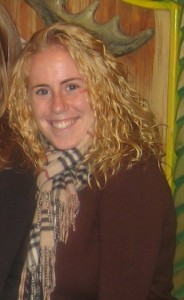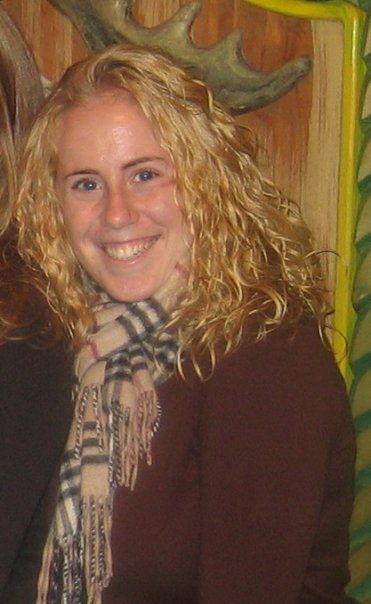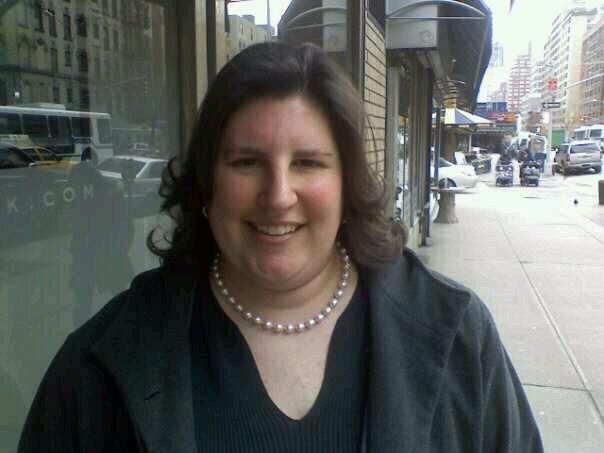by David Goldstein
Independent consulting has been my career choice for entrepreneurial rewards without all the risks of offering products. As a “software guy” I couch this in terms of a software background, but everything mentioned can be applied to consulting in diverse fields, from finance to movie costuming. I compare this career to two others’ of mine: software engineer and entrepreneur. I discuss consulting in terms of expectations, realities and the skills needed. Because consulting requires specialized expertise, this career may be your second or third job out of school, instead of your first.
 What does an independent consultant do ?
What does an independent consultant do ?
I provide contractual services to organizations independent of large consulting firms. Both independent consultants and consulting organizations charge a premium for their services – but independent consultants are their own boss, keep more of the fees they generate and “wear many hats.” One of the greatest advantages that I have found is your clients can be all over the country, from Richmond, VA to Oakland, CA. I have consulted for many organizations in the Fortune 500. The key is to be aware that engagements can end at any time; this is a high-risk, high reward career path.
What does it take to be an independent consultant?
The key elements are expertise, professionalism and business savvy. Your expertise determines what the client would pay, your professionalism keeps engagements going, and your business savvy affects the percentage of that amount you keep.
My expertise comes from a computer science Ph.D. Each client – as well as hobbies, volunteer work and other endeavors – also provide valuable expertise. For example, working at Freddie Mac provides credibility in the mortgage business. Expertise within a field can be as valuable technical skills.
Business skills are important for anyone but are essential for consultants. Everyone should be able communicate with executives, speak publicly, and write well. Consultant’s skills also include entrepreneurial skills to acquire and manage business, such as contract writing, accounting, marketing, and negotiating.
What are the rewards of independent consulting?
Consulting can offer a great salary, which should be a part of any high-risk career path. Robert Half’s “Salary Guide 2011” gives the median income for a software engineer at $92,750 per year. A staff consultant’s corresponding income is $75,500 and a senior consultant’s is $99,250. As a consultant with specialized skills in (1) Business Process Modeling and (2) Business Rules Management Systems I have always billed at several times these salaries.
All of these characteristics are applicable to consultants in other fields. For example, my friends in finance report that consulting rates as independent consultants range from $150/hr to $1000/hr.
Consulting also offers frequent change, which exposes you to a lot of people and businesses. I’ve met people from around the country. I understand many industries well; I could pursue a career in banking, insurance or other client fields if need be.
Independent consulting also hones many entrepreneurial skills. My small software firm sold its products in the U.S. and abroad, but being a consultant has taught me a lot about building software and businesses. Consultants see numerous firms create, sell and service products. Thousands of things can destroy a company: learning from other’s errors is important for building a company that makes products, instead of mistakes.
What challenges independent consultants?
An independent consultant trades many things for increased income. Some of these factors include:
- Travel: Many students relish the thought of travel. However, most consultants would prefer to see their bedroom and spouses on weekends instead of hotel rooms and co-workers.
- Stability: Independent consulting is very susceptible to economic trends. Consultants can find it difficult to get their desired rate. Most contracts are also “at will”, whereby either party can end an engagement at any time: bad corporate news, office politics, leadership changes, etc. can end an engagement. Traditional consulting firms allot overhead for non-contract time and independent consultants should have a “rainy day” fund.
- Bureaucracy: Every company has policies and systems for accomplishing mundane tasks, such as time tracking and purchasing. While employees learn such policies and systems once, a consultant may need to learn many such systems each year. Similarly, when working through third parties consultants may have to deal with extra levels of paperwork. Even simply getting a client may involve dozens or hundreds of pages of documentation.
These three factors mean consultants need patience and self-confidence to overcome being on the road, worrying about engagements, and dealing with bureaucracy.
Independent consulting is a good high-risk, high-reward career path for many individuals. All consulting practices involve travel, flexibility, and workplace variety. Working independently offers more compensation at the cost of stability, bureaucracy and other factors. Bright, savvy professionals often choose independent consulting for its entrepreneurial feel and high income.
About the author:
David Goldstein received his M.S.E. from University of Pennsylvania and his Ph.D. from the University of Texas – Arlington. He was a professor at several universities, most notably North Carolina A&T State University. He has run several small businesses and is currently an independent consultant. He specializes in building large financial systems using Business Rules Management Systems and Business Process Management tools. David serves as the associate director of Penn’s SEAS alumni board.
 Morgan Hill, Associate, joined Retail Sites in January 2010 to focus on leasing and tenant representation services. Ms. Hill is a 2009 graduate of the Wharton School of Business at the University of Pennsylvania with a concentration in Real Estate. Prior to graduating, Morgan held internships at Interstate Commercial assisting in site selection activities and Pennsylvania Real Estate Investment Trust where she supported the leasing department. While at Wharton, Ms. Hill served as Research Assistant in the Wharton Real Estate Department.
Morgan Hill, Associate, joined Retail Sites in January 2010 to focus on leasing and tenant representation services. Ms. Hill is a 2009 graduate of the Wharton School of Business at the University of Pennsylvania with a concentration in Real Estate. Prior to graduating, Morgan held internships at Interstate Commercial assisting in site selection activities and Pennsylvania Real Estate Investment Trust where she supported the leasing department. While at Wharton, Ms. Hill served as Research Assistant in the Wharton Real Estate Department.









